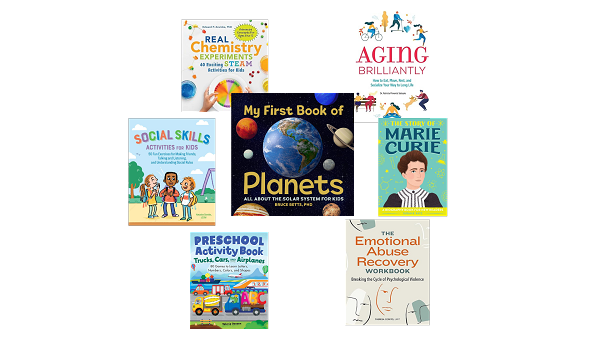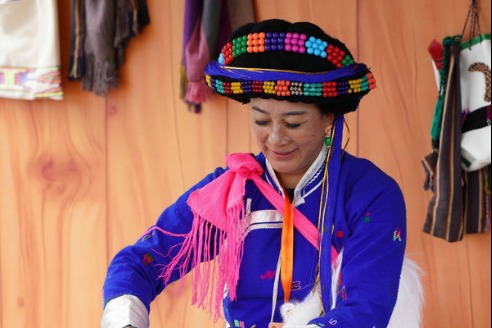Penguin-acquired publisher expands into China


Callisto China, a new publishing division dedicated to the Chinese book market, was created in late November by Penguin Random House North Asia and Sourcebooks.
This follows the sale of the publishing assets of Callisto Media, a leading nonfiction publisher, in a Sourcebooks-led, Penguin Random House-funded acquisition in May.
Founded in 2011, Callisto is known for data-driven publishing that combines big data and technology. It has an expansive list of nonfiction titles that include workbooks, cook books, and titles in health and wellness, relationships and personal growth. They are believed to have global appeal.
"This collaborative publishing partnership for Callisto China is an unprecedented opportunity for the Callisto publishing program to reach new readers of all ages in China, expanding the brand globally for the first time," said Talia Platz, editorial director of Callisto Publishing and one of the company's first employees.
As an international publisher which opened its China office in 2005, Penguin Random House is familiar with the publishing business and trends in the domestic market. It has a local editorial team, who collaborate with authors, agents, and domestic publishing partners to produce high-quality bestsellers.
"As we forge our partnership, we tap into the vibrant pulse of China's market, where the demand for children's nonfiction and educational books is expanding rapidly," said Azia Cheng Yilin, CEO of Penguin Random House North Asia.
Callisto China will publish a selection of Callisto's front and backlist titles in Chinese. It will also offer customized service in disciplines such as STEM, history, biography and reference books, to cater to reading preferences and habits.
"This collaboration is more than a business interaction. It is dedication to the growth and enlightenment of young minds. Our entry into this market with a robust catalog of children's titles is a response to the increasing emphasis on holistic development — mental, physical, and emotional — in early education," said Cheng.
"We are equally committed to the adult segment, recognizing the growing interest in self-care and lifelong learning among Chinese adults."





































